Focus
Your Present Location: HOME> Focus-
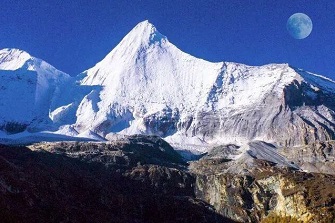
Ding Gang: Besides water, Tibet can give India green lessons
In a recent conversation with an Indian friend of mine, I suggested that he watch the first episode of The Very Edge of China, a documentary aired not long ago on Discovery Channel. By recording a Chinese and a foreign explorer's adventures in China's extremely difficult living environments, the documentary shows the remarkable beauty and the way of life of locals living in harmony with nature.
2019-12-12 -
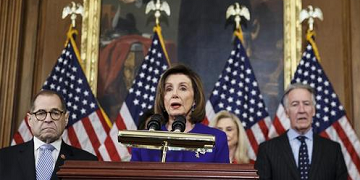
Zhao Minghao: Domestic political infighting takes a toll on Washington’s foreign policy
Nancy Pelosi, US House of Representatives speaker, said Thursday the House was proceeding with articles of impeachment against President Donald Trump as he leaves US lawmakers "no choice but to act." House Democrats are reportedly considering articles of impeachment against Trump that include obstruction and bribery. Obviously, impeachment of Trump will become a key topic that dominates US politics in the coming days.
2019-12-11 -
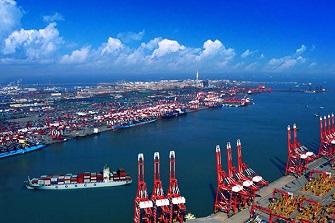
Progress on the Belt and Road Initiative: a four-year evaluation
Progress on the Belt and Road Initiative: a four-year evaluation is included in Regional Connection Under the Belt and Road Initiative: The Prospects For Economic and Financial Cooperation edited by Fanny M. Cheung and Ying-yi Hong which was publish by Routledge in New York in 2019. The author is Wang Wen, the executive dean of RDCY, Jia Jinjing, the director of the Marco Research Department of RDCY, Xiang Junyong, the research fellow of RDCY and Liu Ying, the research fellow of RDCY.
2019-12-10 -
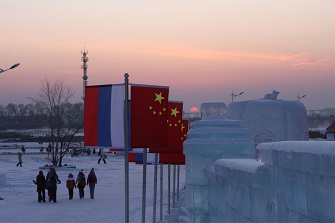
Wang Wen: Russia, China need strategic reassurance
Over the past three years, I have worked with Glazyev to promote seven rounds of China-Russia economic think tank dialogue. He led delegations of Russian elites to Chinese cities and has been striving to make Russia look east. Glazyev believes China's experiences - that the country doesn't follow Western-style democracy but pays more attention to the modernization of national governance; that it has optimized allocation of resources and established the world's most complete industrial chain through formulating five-year plans; that it has set up a diverse financial system under the regulation of the central bank - are of immense value to Russia.
2019-12-10 -
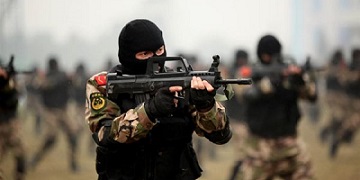
William Jones: With Xinjiang Bill, U.S. Congress drops the ball in war on terror
The U.S. Congress is really going overboard these days in its China-bashing fervor. With the obsession on foreign policy issues these days, with Russia, China and Ukraine seemingly topping their agenda, they seem to have little time for the issues of importance to the American people. While congressmen's posturing about alleged Chinese technology theft or Russian interference in U.S. elections will win them kudos from the foreign policy "wonks" in the Washington think-tanks, they will not gain much traction among their constituents, waiting eagerly for an infrastructure bill, a jobs bill, or medical insurance reform.
2019-12-09 -
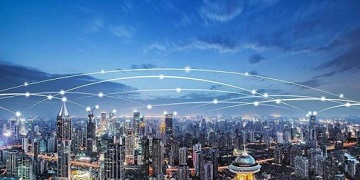
Liu Yushu: Digitalizing the Silk Road
The Pakistan-East Africa submarine fiber optic cable connects Pakistan with Kenya via Djibouti and it will also connect Europe via a terrestrial cable system, building a new digital economic highway for Africa, Europe and Central Asia. This is just one example of a wide range of cooperation taking place among countries participating in the Belt and Road Initiative, which has laid a solid foundation for the development of an open, inclusive and transparent global digital economy in the future and attracted worldwide attention.
2019-12-09 -
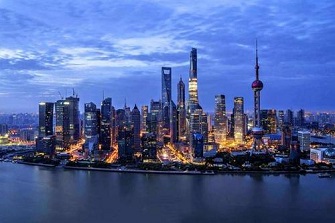
Global Order Under Profound Changes
Ambassador He Yafei is a prolific former Chinese diplomat who has witnessed and participated in many key global events. China-US Focus editor-at-large James Chau sat down with Ambassador He for an interview on a wide-range of issues, including a global order under stress, the growing US-China rivalry, and how China manages to achieve growth while working to address social challenges.
2019-12-06 -
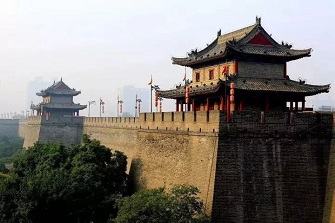
Ding Gang: China’s political system predates the West’s
An apparent problem is that plenty of Western scholars still judge China's political system by Western standards. They rank political systems in accordance with Western theories, and believe China's centralized setup lags their democratic system and must evolve into democratic one. With the expansion of Western civilization in the past five centuries, such an understanding is considered reasonable. But actually, China's system existed long before the West formed its own, and has developed in China's own way.
2019-12-05 -
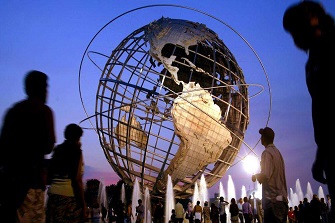
He Yafei: Decoupling and the New Globalization
With the administration of United States President Donald Trump fixated on China as a “major strategic competitor,” the U.S. strategy of “decoupling” from China is very much in vogue in American politics. The ongoing trade and tech war permeates all aspects of the multifaceted relationship between the two countries, creating — alarmingly — even more uncertainty and unpredictability in the world’s most important bilateral relationship for the foreseeable future.
2019-12-05 -
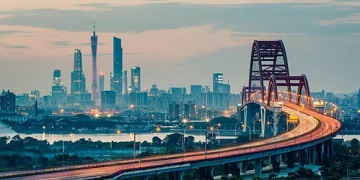
Liu Zhiqin: Opening-up policies need firm application
In order to promote quality economic growth, the Chinese central government has rolled out a series of policies including the Foreign Investment Law which will come into effect on January 1, 2020, 11 measures on financial reform and measures to promote the development of pilot free trade zones (FTZs). These policies have been well received by markets, will significantly improve the domestic business climate and will boost investor confidence.
2019-12-04 -
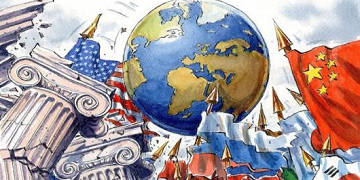
Wang Wen: What’s behind the fear to criticize the US?
"Why does no one dare to criticize the US, which is the main country engaging in unilateralism? Why is the international community at its wits' end after the US has pulled itself out of various treaties and organizations? Why doesn't the international community jointly rein in the US international power?" My three questions surprised many of those present and added a tinge of excitement to the tedious breakout session. Then, I continued, "The 2030 agenda that sets out to achieve the 17 goals including 'no poverty' and 'zero hunger' needs clear and feasible mechanism rather than just empty talk."
2019-12-03 -
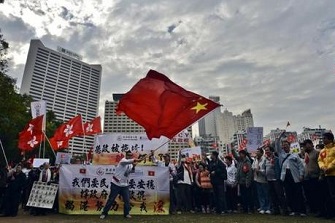
Wang Yiwei: US incites violence by passing HK laws
The US has targeted Hong Kong not only because of ideology and alleged violation of human rights and democracy in the SAR, but also, and more importantly, because it wants to slow China’s rise by curbing the global financial hub’s role as “bridge” in the Guangdong-Hong Kong-Macao Greater Bay Area, the Belt and Road Initiative and the internationalization of the renminbi. It wants to make Hong Kong a piece on its chessboard to keep China in check and serve the vested interests of the US and the West.
2019-12-02 -
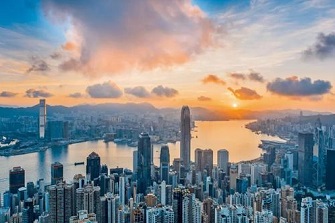
William Jones: As Hong Kong remains calm, many questions still remain
The U.S. Congress has determined to "stay involved" in Hong Kong affairs through the Hong Kong Democracy and Human Rights Act, which was signed into law by Trump on Wednesday. This requires an ever-watchful eye on possible machinations by the U.S. or the British in fomenting problems for China in Hong Kong. While the British Empire disappeared, British imperial thinking has not. And unfortunately, too many of their "American cousins" have also adopted that characteristic British swagger, which has always accompanied the British overlord.
2019-11-29 -
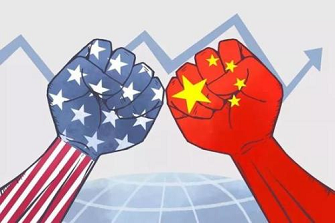
He Weiwen: China-U.S. Decoupling Is Just a Daydream
The New Economy Forum in Beijing sent a meaningful signal recently: It’s not only academic leaders but members of the public in China and the United States who are worried about the possible decoupling of the world’s two largest economies. Decoupling, in the words of Henry Paulson, former U.S. treasury secretary, would mean the rise of an “Economic Iron Curtain.” Decoupling has been advocated repeatedly by White House hawks as a way of curbing China-U.S. relations in economy, trade, investment, technology and people-to-people exchanges. Their purpose is to check China’s rise as a strategic rival.
2019-11-29 -
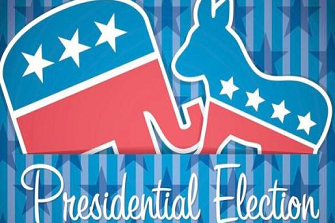
William Jones: Will Democrats' rush to impeach secure Trump's re-election?
The United States was subjected to a week of hearings in the House of Representatives by the House Intelligence Committee attempting to make the point that President Donald Trump was unfit for office and should be impeached. The issue was an alleged attempt by the president to use promised military aid as a "wedge" to get the newly elected Ukrainian president, Volodymyr Zelensky, to investigate the role of Hunter Biden, the son of one of his Democratic challengers in the 2020 election, in alleged payoffs from the Ukrainian firm Burisma.
2019-11-28 -
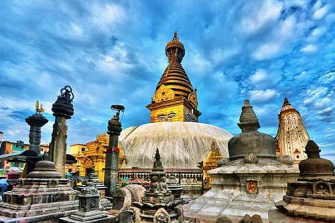
Ding Gang: Buddha’s birthplace hints at Asian century
All planes flying from Kathmandu to Lumbini in southwestern Nepal are air minibuses. Shortly after the aircrafts take off, what heaves in sight is usually undulating mountains on the edge of the mighty Himalayas. Only half an hour later, passengers could see an immense plain. It is a gateway to the core of Indian civilization. Google Maps shows the driving distance from Lumbini to New Delhi is about 800 kilometers.
2019-11-28 -
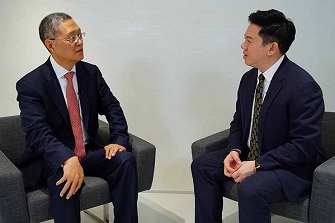
He Yafei: Decoupling U.S.-China Ties Is Not An Option
The U.S.-China relationship has often been portrayed by leadership of both countries over the last 40 years and more as not only one of politics and economics but a relationship that ultimately is underpinned by people. There seem to be a lot of different understandings of what young Chinese are like today. How would you describe to an American what the modern young Chinese living in the big cities are today?
2019-11-27 -
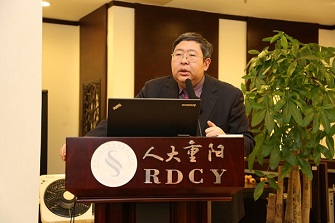
Jia JInjing: The development of productive forces in 70 years
On October 31st, the eighth lecture of "The 70th Anniversary of the Founding of The PRC" series which hosted by Chongyang Institute for Financial Studies of Renmin University of China (RDCY) and Huanqiu Web, was held at RDCY. Jia JInjing, assistant to the Dean of RDCY and director of the Marco Research Department, delivered a keynote speech on "The development of productive forces in 70 years". The lecture was hosted by He Si, the director of the Office of RDCY. More than 100 guests attended the lecture.
2019-11-22 -
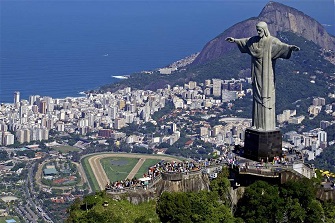
Ding Gang: Latin American woes stem from globalization
Contrary to popular belief, it is not doctrines that are dominating Latin American politics, but globalization. If we still use neoliberalism or any other concept invented by Western scholars to explain what Latin America is passing through, our understanding of the continent may not be right. We can only understand the problems of Latin American countries by observing them in an already globalized world, especially comparing them with Asian countries.
2019-11-21 -
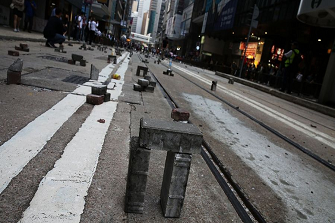
William Jones: The source of Hong Kong's problems lies in Washington
While President Trump maintains a guarded silence on the violence in Hong Kong, and is getting hit by much of the conservative press for his not speaking out "in support of" the bomb-throwers on Hong Kong streets, many of his underlings are playing these provocations to the hilt, just stopping short of breaking with the President's hope that this all will end peacefully.
2019-11-20
























































































 京公网安备 11010802037854号
京公网安备 11010802037854号





